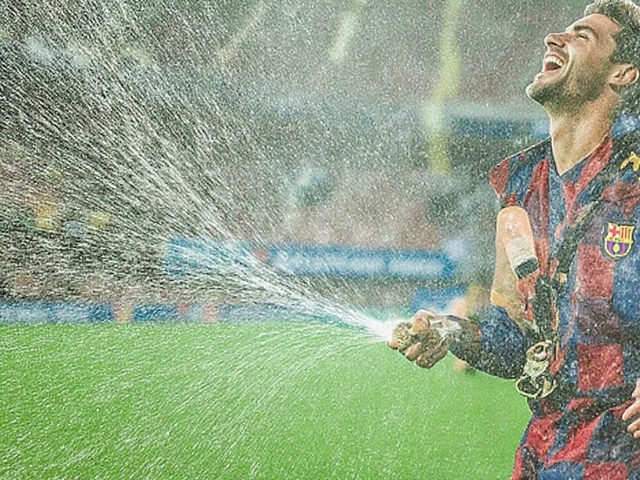Israeli Football Hooligans – What’s Happening and How to Keep Safe
If you’ve ever watched a match in Israel, you know the atmosphere can be electric. Unfortunately, that energy sometimes spills over into aggression. In recent weeks several games have been marred by clashes between rival fans, police interventions, and even property damage. Knowing what’s going on helps you stay prepared and enjoy the sport without getting caught up in trouble.
Recent incidents that grabbed headlines
The most talked‑about episode happened during a derby at Teddy Stadium when a group of supporters stormed the pitch after a disputed penalty. Video footage showed bottles being thrown, a few fans getting injured, and security struggling to regain control. A similar flare-up occurred in Haifa when ultras from two clubs met outside a bar, leading to a night‑time brawl that required police backup.
Another notable case involved a bus carrying an Israeli team that was vandalized on its way back from an away match. Windows were smashed and graffiti sprayed, prompting the club to call for stricter transport security. These stories are not isolated – they reflect a growing pattern of fan unrest that clubs and authorities are trying hard to curb.
What clubs and police are doing to curb the problem
Stadiums are now deploying more CCTV cameras, increasing the number of stewards on entry points, and using facial‑recognition software in some venues. Police have set up rapid response teams that can move quickly when a disturbance erupts. In addition, many clubs are launching fan education programs that stress respect for opponents and the importance of keeping the game clean.
Ticketing policies have also changed. Some matches now require fans to register their ID before buying tickets, making it easier to track repeat offenders. When violence does occur, clubs often hand out bans ranging from a few games to lifetime exclusions, sending a clear message that aggressive behavior won’t be tolerated.
If you’re heading to a game, there are practical steps you can take. Arrive early so you avoid crowded entry gates, keep your belongings simple (no glass bottles or large bags), and stay aware of the crowd around you. If you see a fight starting, move away quickly – police are usually nearby and will intervene.
Fans who want to support their team while staying safe can also consider watching from designated family zones. These areas have stricter security checks and are staffed by personnel trained to de‑escalate tense situations. Many clubs offer live streams for supporters who prefer to stay home on high‑risk match days.
Looking ahead, the goal is to make Israeli football a place where passion stays on the pitch, not in the stands. Continued collaboration between clubs, law enforcement, and fan groups will be key. By staying informed about recent incidents and following safety tips, you can enjoy the game without worrying about getting caught up in violence.
So next time you hear about Israeli football hooligans in the news, remember there are real steps being taken to improve security. Keep an eye on club announcements, follow official guidelines, and play your part in keeping matches fun for everyone.

Israeli Football Hooligans Clash in Amsterdam: Palestinian Flags Torn Amid Ajax-Maccabi Match
A violent outbreak in Amsterdam took place as Israeli football hooligans, associated with Maccabi Tel Aviv, rampaged through the city tearing down Palestinian flags ahead of a match against Ajax. Their chanting of 'death to Arabs' exacerbated tensions, leading to clashes with police and multiple arrests. The incident spurred condemnation, spotlighting the persistent Israeli-Palestinian tension in the football arena.




